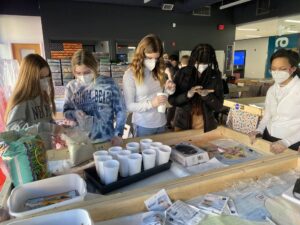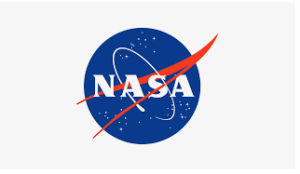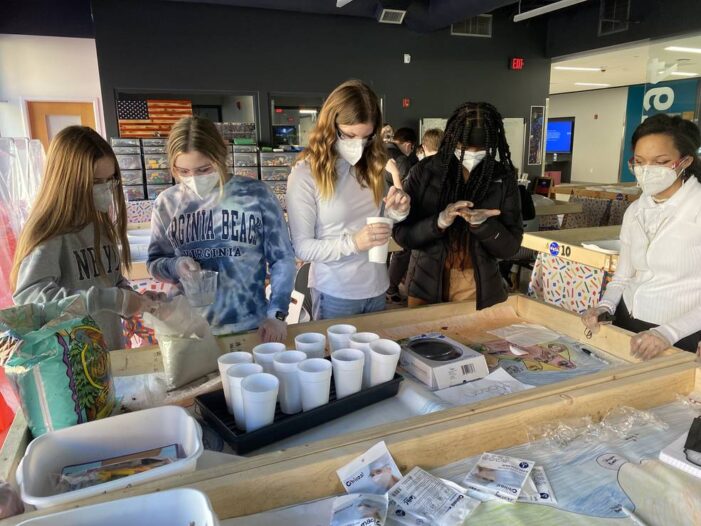NASA is awarding more than $4 million to institutions across the U.S. to help bring the excitement of authentic NASA experiences to groups of middle and high school students who are traditionally underserved and underrepresented in STEM.
The new Space Grant K-12 Inclusiveness and Diversity in STEM (SG KIDS) opportunity will boost these students’ sense of belonging in STEM subjects, a critical first step toward STEM degrees and careers.
SG KIDS is a pilot program made possible through NASA’s National Space Grant and Fellowship Project, which comprises Space Grant Consortia led by an institution in each of the 50 states, the District of Columbia, and Puerto Rico. This opportunity represents a new approach by asking the awarded consortia to reach beyond state boundaries to create regional projects tailored to students in those areas. Through partnerships, the awardees will be able to share these exciting STEM opportunities with students residing in other states.

“Through Space Grant KIDS, we’ve asked the nation’s Space Grant consortia to deploy educational activities across state lines to share the excitement of NASA and STEM with students who otherwise might not have that opportunity,” said Mike Kincaid, NASA’s associate administrator for the Office of STEM Engagement, which administers NASA Space Grant. “We’re looking forward to seeing how these regional partnerships will make a lasting difference for the Artemis Generation.”
SG KIDS addresses the White House Executive Order on Advancing Racial Equity and Support for Underserved Communities Through the Federal Government, as well as NASA Administrator Bill Nelson’s focus on providing authentic STEM opportunities to K-12 students.
The projects funded under SG KIDS will provide students with hands-on experiences and lessons that bring NASA’s missions to life, provide training and resources to the educators teaching those students, and boost the STEM ecosystem in these regions.

“Space Grant KIDS is designed to establish networks that deliver enriching NASA STEM experiences to underserved student populations,” said Dr. Erica Alston, NASA’s deputy Space Grant manager. “We can leverage these networks to reach traditionally overlooked groups in future DEIA efforts.”
Each of the four grantees, Virginia Space Grant Consortium, Georgia Space Grant Consortium, Ohio Space Grant Consortium and Texas Space Grant Consortium, will receive approximately $1,050,000 in cooperative agreements to put their proposals into action during the next three years.

